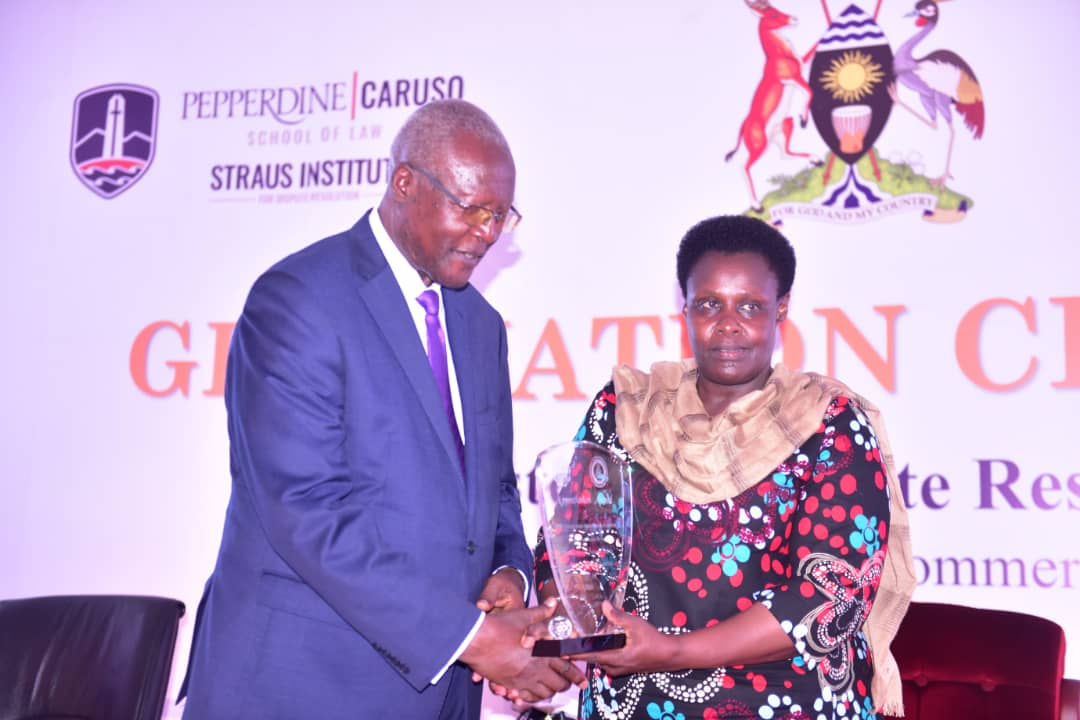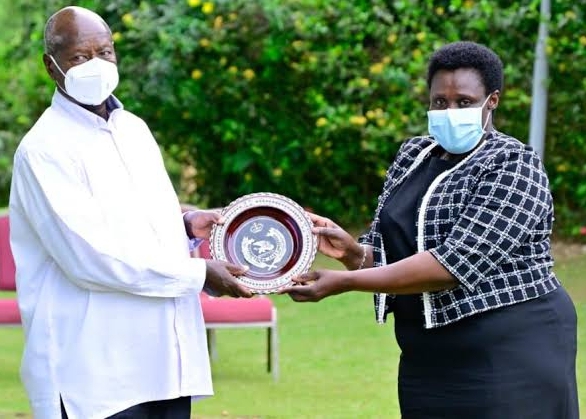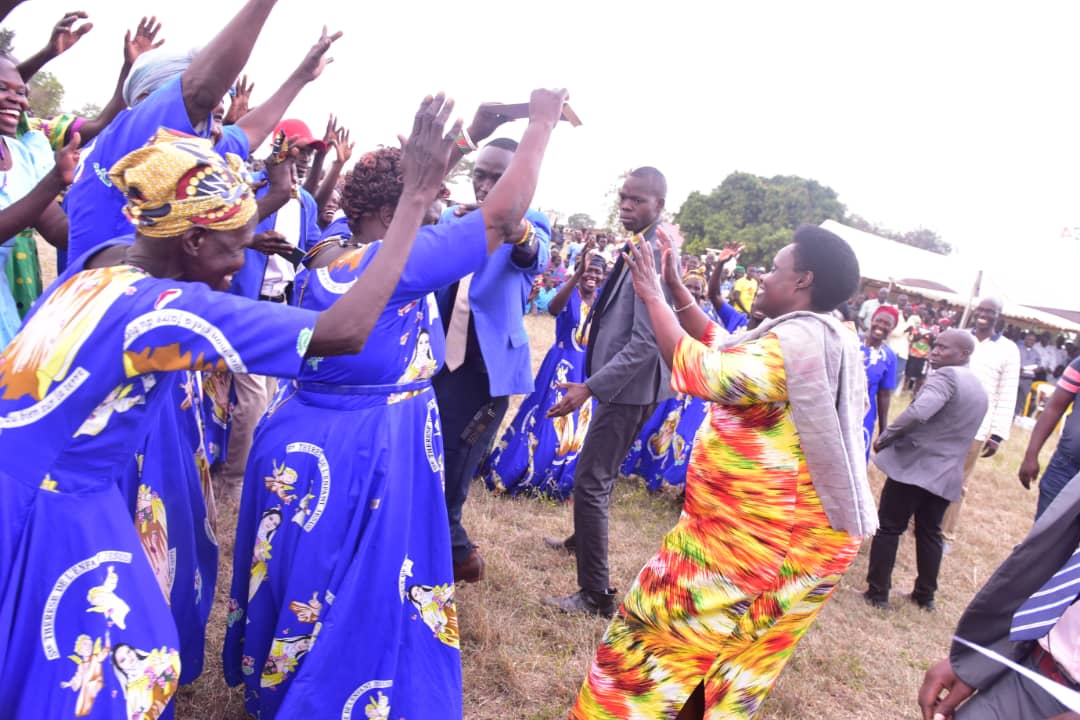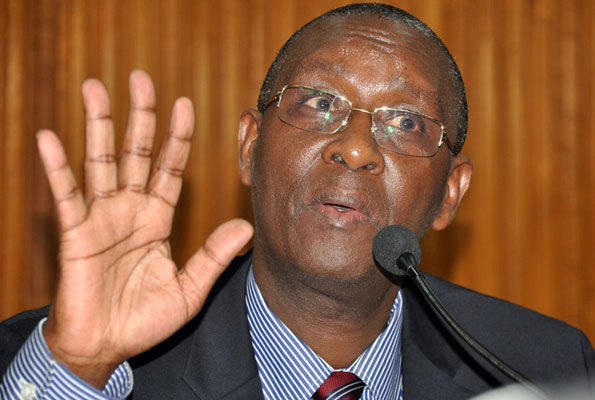President Museveni is wearing a smile towards the Judiciary for its decision to reorient its philosophy of administering justice from a colonial setting to a more African way of extending justice to the wanainchi.
He says this is in line with the Constitutions of African countries, which mandate the courts of respective countries to administer justice in a manner that reflects the cultural norms, values and interests of the people.
“You cannot administer justice when you are detached from the people you serve,” the Head of State said in a speech delivered for him by his Second-in-Command Maj. Jessica Alupo who represented him at the graduation ceremony for the Chief Justice and a line of Judges. These men and women of wigs completed a Masters Programme in Dispute Resolution and a Certificate in International Commercial Arbitration.

The training was offered by the Pepperdine University of California, specifically the Straus Institute of Dispute Resolution.
The President through his very loyal VP congratulated the judges upon completion of their training, noting the importance of applying alternative means of resolving disputes among people.
He said the Alternative Dispute Resolution (ADR) system encourages and allows constructive dialogue and collaboration among conflicting parties and leads to effective and harmonious resolutions hence promoting lasting peace.
“This has the resultant effect of fostering unity, political stability and socioeconomic development. Promoting Alternative Dispute Resolution mechanisms is cost-effective and an easier way of disposing of cases. Therefore, this means that the problem of backlog which most Judiciaries in Africa have been suffering with and lamenting about will be a problem of the past,” Museveni noted.

The General from Rwakitura added that with this system, the Wanainchi will get justice in time, cheaply and in a more peaceful environment.
Museveni commended the judiciary for advancing the philosophy of resolving disputes through a people-centred approach, noting that before the advent of colonialism in Africa, our forefathers had developed systems for resolving disputes based on societal values and norms.
“It was less adversarial and focused on the truth and creating harmony among people. I, therefore, congratulate your lordship and your team upon this milestone and wish you success in all your endeavours,” he said.

The President also thanked the University for giving the students an 80% scholarship and hailed the continued partnership and support.
![]()



























